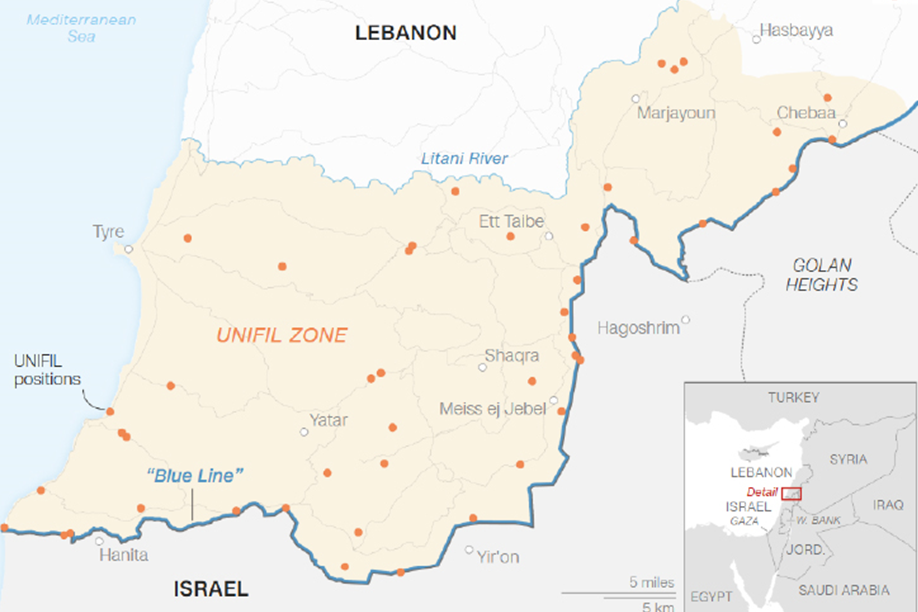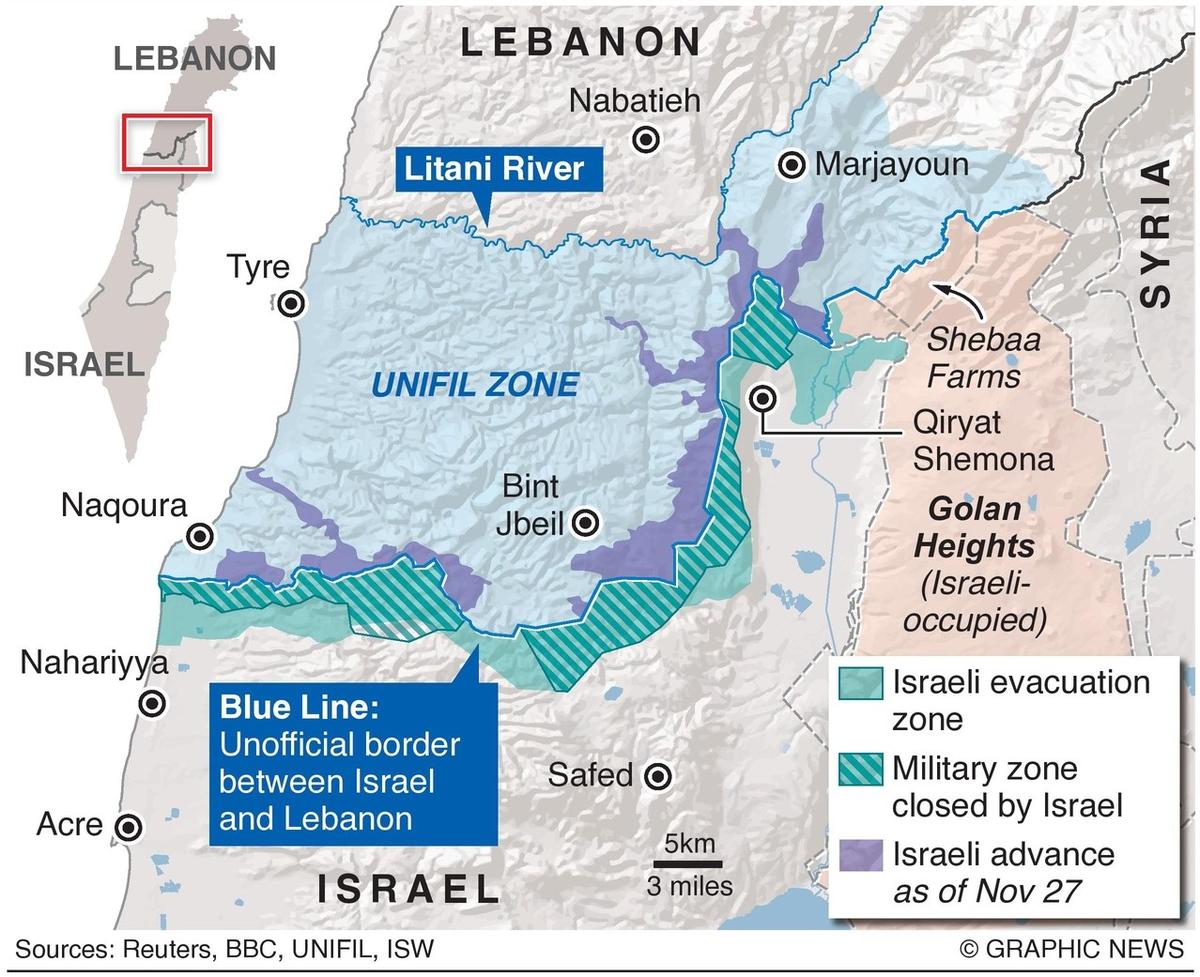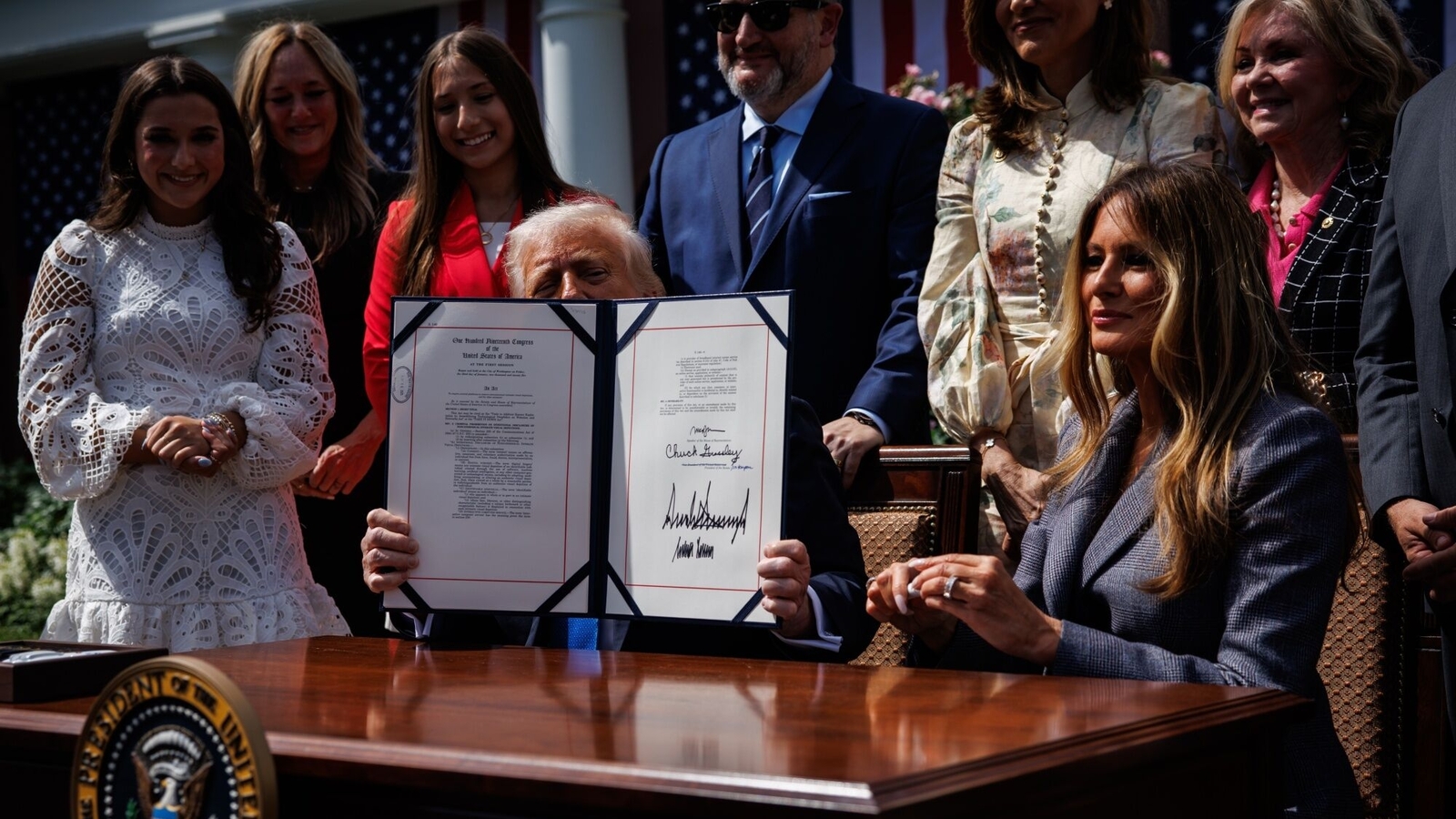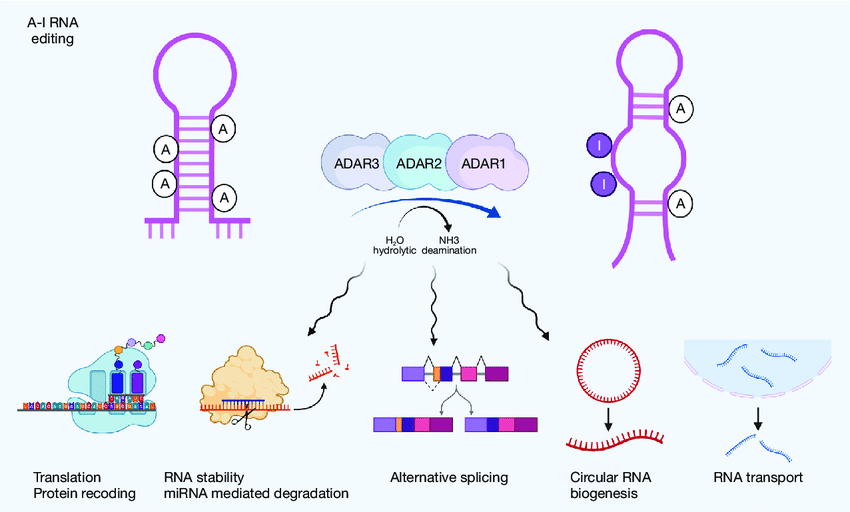- Courses
- GS Full Course 1 Year
- GS Full Course 2 Year
- GS Full Course 3 Year
- GS Full Course Till Selection
- Online Program
- GS Recorded Course
- NCERT (Recorded 500+ Hours)
- Polity Recorded Course
- Geography Recorded Course
- Economy Recorded Course
- AMAC Recorded Course
- Modern India, Post Independence & World History
- Environment Recoded Course
- Governance Recoded Course
- Science & Tech. Recoded Course
- International Relations and Internal Security Recorded Course
- Disaster Management Module Course
- Ethics Recoded Course
- Essay Recoded Course
- Current Affairs Recoded Course
- CSAT
- 5 LAYERED ARJUNA Mentorship
- Public Administration Optional
- ABOUT US
- OUR TOPPERS
- TEST SERIES
- FREE STUDY MATERIAL
- VIDEOS
- CONTACT US
Highlights of Israel-Hezbollah Ceasefire Deal and UNSC Resolution 1701
Highlights of Israel-Hezbollah Ceasefire Deal and UNSC Resolution 1701
29-11-2024
- Israeli Prime Minister Benjamin Netanyahu on November 26, 2024 announced that he has agreed to a ceasefire with Hezbollah in Lebanon.
- This ceasefire between Israel and Hezbollah in Lebanon came into effect on November 27, 2024.
- This happened a day after Israel’s security cabinet approved a US-backed proposal to end the 13-month-long conflict that escalated in September.
What are the terms of the ceasefire?
The agreement is based on the terms of UNSC resolution 1701, which ended the 2006 war between Israel and Hezbollah.
The ceasefire agreement between Israel and Hezbollah stipulates a 60-day halt of hostilities during which:
- Hezbollah is expected to withdraw around 40 kilometers from the Israel-Lebanon border.
- The Israeli military is expected to withdraw completely from the Lebanese territory.
- The Lebanon army is expected to deploy around 5,000 troops in the southern region.
- United Nations peacekeeping troops, the Lebanese army, and a multinational committee will keep a watch and supervise the Iran-backed Hezbollah group.
- Hezbollah is supposed to withdraw to the north of the Litani river, and Israel to the south of the Blue Line, with the Lebanese Army remaining as the only armed force allowed between the two in South Lebanon.
- The Blue Line was set by the UN in 2000 after the end of Israel’s occupation of southern Lebanon and now serves as a de facto border between the two countries.

Present situation in southern Lebanon
What Does Israel and Hezbollah Say Regarding Ceasefire Deal?
- Israeli PM Netanyahu asserted that Israel reserves the right to have full freedom of military action and will attack if Hezbollah violates the agreement.
- Lebanon's caretaker PM Najib Mikati welcomed the ceasefire and described the agreement as a significant step towards achieving stability in the region.
- Hezbollah said, "We want an end to the aggression, of course, but not at the expense of the sovereignty of the state. Any violation of sovereignty is refused."
Why did Israel agree to this deal?
Israel PM Netanyahu outlined three reasons for the ceasefire:
- To focus on Iran.
- To give Israeli forces "a breather and replenish stocks".
- To "separate" the Hamas and Hezbollah fronts by taking one of them out of the war.
Three further factors might have influenced Israel’s decision.
- A mild fracture in Israel's civil-military framework, with former Defense Minister Yoav Gallant pressing for a ceasefire.
- Israel's experience of fighting in Lebanon has always been tactically effective but strategically bitter.
- Hezbollah maintained the ability to strike Israel until the end, and a protracted war would have been costly for Israel.
What does the ceasefire mean for the Israel-Lebanon frontier?
The ceasefire deal has significant implications for the Israel-Lebanon frontier:
- The Lebanese Army will be the only armed force allowed between the Litani and Blue lines, similar to the 2006 agreement.
- It is curious then that the post-ceasefire status quo post-bellum uncannily resembles the state of affairs at the end of the 34-day Israeli invasion of Lebanon in 2006. (The current invasion spanned 57 days.)
- The American addition to the new "tripartite+" arrangement has been made with explicit non-commitment of any combat troops.
- Hezbollah remains entrenched in Lebanon's society and government, with 15 members in Parliament and an ally in the Speaker's office.
What does it mean for the region at large?
The ceasefire deal has two significant implications for the region:
- Iran's proxy in Lebanon, Hezbollah, has been given a reprieve, and Iran can focus on engaging with the IAEA and deepening its rapprochement with its Arab neighbors.
- Israel can now focus on Hamas in Gaza and Iranian proxies in Syria, Iraq, and Yemen, with the option to continue striking Iranian proxies or to exercise restraint.
Must Check: Best IAS Coaching In Delhi
UPSC Prelims Result 2024 Out: Expected Cut Off & Other Details, UPSC Prelims 2024 Answer with Explanation, Daily Prelims Quiz, Daily Current Affairs, MONTHLY CURRENT AFFAIRS TOTAL (CAT) MAGAZINE, Best IAS Coaching Institute in Karol Bagh, Best IAS Coaching Institute in Delhi, Daily Mains Question Answer Practice, ENSURE IAS UPSC Toppers, UPSC Toppers Marksheet, Previous Year Interview Questions, UPSC Syllabus




